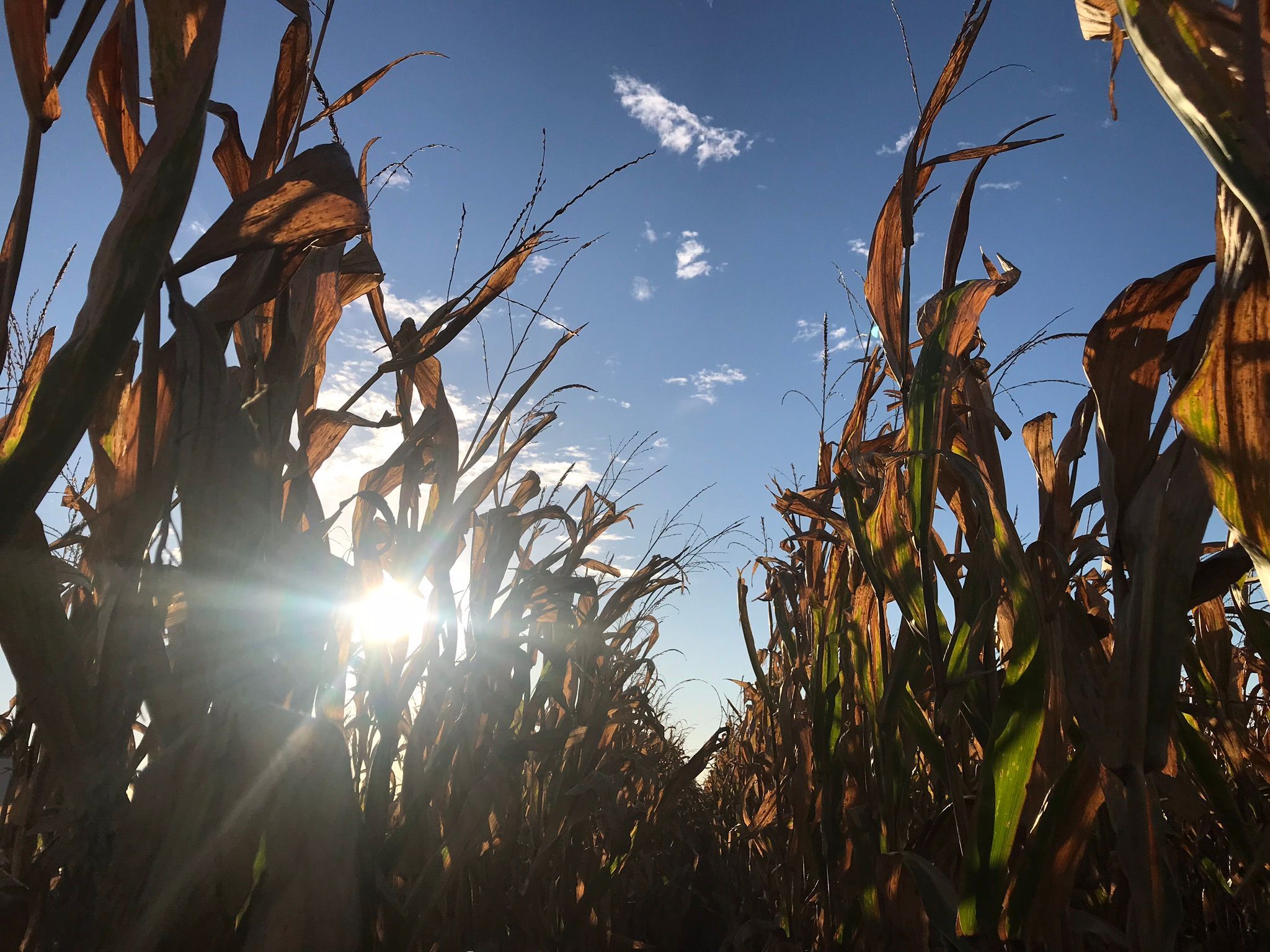By: Valley Irrigation
Making your farm operation more sustainable is a constant need, and worry. Not only does this elevate the need to become more efficient across all areas of your operation; it’s also driven by the growing demand for higher food production across the globe. To produce more while conserving resources takes innovative thinking and an openness to new technologies. When you consider the major areas of your operation, energy likely comes to mind as both an area of high costs and high need.
From limited access to electricity to geographical challenges to scarce supplies of diesel fuel for powering generators, a growing number of producers are turning to solar power to lower costs while improving their access to reliable power. When done right, implementing solar solutions into your operation can create opportunities that go well beyond cost savings.
Benefits of Bringing Solar to Power Your Farm
Solar power provides growers an opportunity to become more sustainable and more efficient by powering irrigation systems, hog barns, chicken houses, grain bins and many additional ag applications. It also opens the door to reducing costs, lowering your reliance on fossil fuels, and creating ways to more affordably expand your operation. Below is a summary of how solar power can benefit your farm:
- Reduced costs: Made from nature, solar energy can be more affordable than traditional energy sources.
- Tax credits: Growers can take advantage of tax savings and incentive programs available for renewable energy.
- Added profitability: Solar provides a new avenue of potential revenue streams if choosing to sell power back to the local grid.
- Sustainable: Solar reduces reliance on fossil fuels.
- Reduced environmental impact: Solar cuts down on CO2 emissions and noise pollution.
- Accessible: Solar creates new opportunities for remote farms and fields without access to the traditional power grid.
- Increased opportunity: Growers can extend their growing season, which supports higher profitability.
- Forward-thinking: Future-proof your farm for generations to come.
How to Implement Solar Power on Your Farm
It’s important to work with an expert in solar solutions early in the planning stages. First, gain a clear understanding of your options: On-grid solutions allow you to implement solar while staying connected to the grid. Hybrid systems are slightly less conservative but offer a beneficial middle ground. Off-grid solar solutions are ideal for more remote areas that either have an unreliable electricity source or are completely off-grid.
Then, consider your goals and how aggressive you can and want to be in transitioning your operation to solar. It’s possible you may start small and use solar across a single field. Understanding your investment and how quickly your solution can generate returns will help determine your rollout plan.
Working with a solar expert such as Valley®, growers gain a complete end-to-end solution. Their team identifies the needs and opportunities of your operation, designs and engineers a solution that includes the technical aspects of the solar solution and works closely with you to clearly outline both the investment and potential cost savings over time. Once you feel confident in the plan and design, your solar partner will oversee and facilitate installation and testing to ensure the panels are working effectively for your farm.
Solar implementations typically include remote monitoring and control capabilities to further support your choice to bring this clean energy source to your fields.
Truly there has never been a better time to consider “going solar”. Rising food demand, rising energy costs, and rising concern for the environment are all important reasons to seriously consider transitioning to this affordable, clean, and renewable resource. However, to achieve the highest benefit to your operation, it’s imperative to partner with an expert who will help you identify how solar energy can improve areas of your operation to increase efficiency—and profitability. To help you determine if implementing solar panels on your farm makes sense, we encourage you to see SETO's "Farmer's Guide to Going Solar" for more information.


.png)
